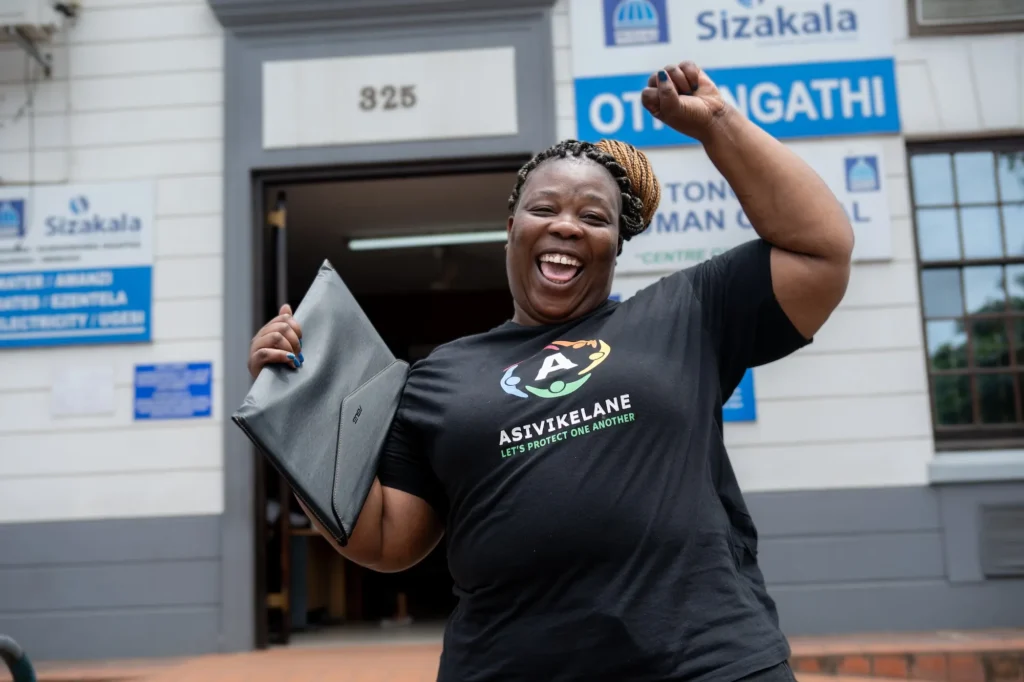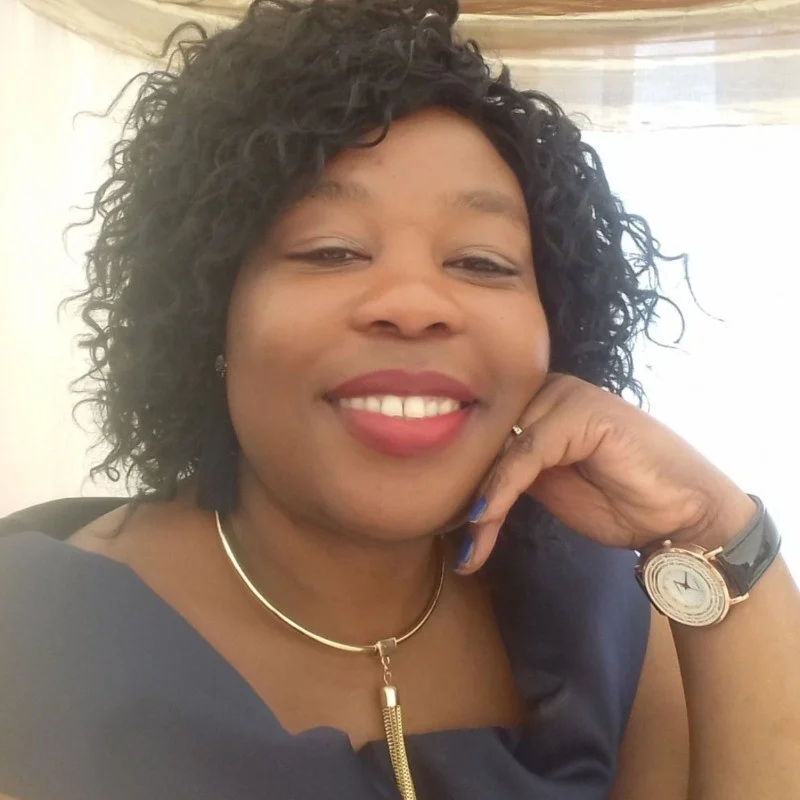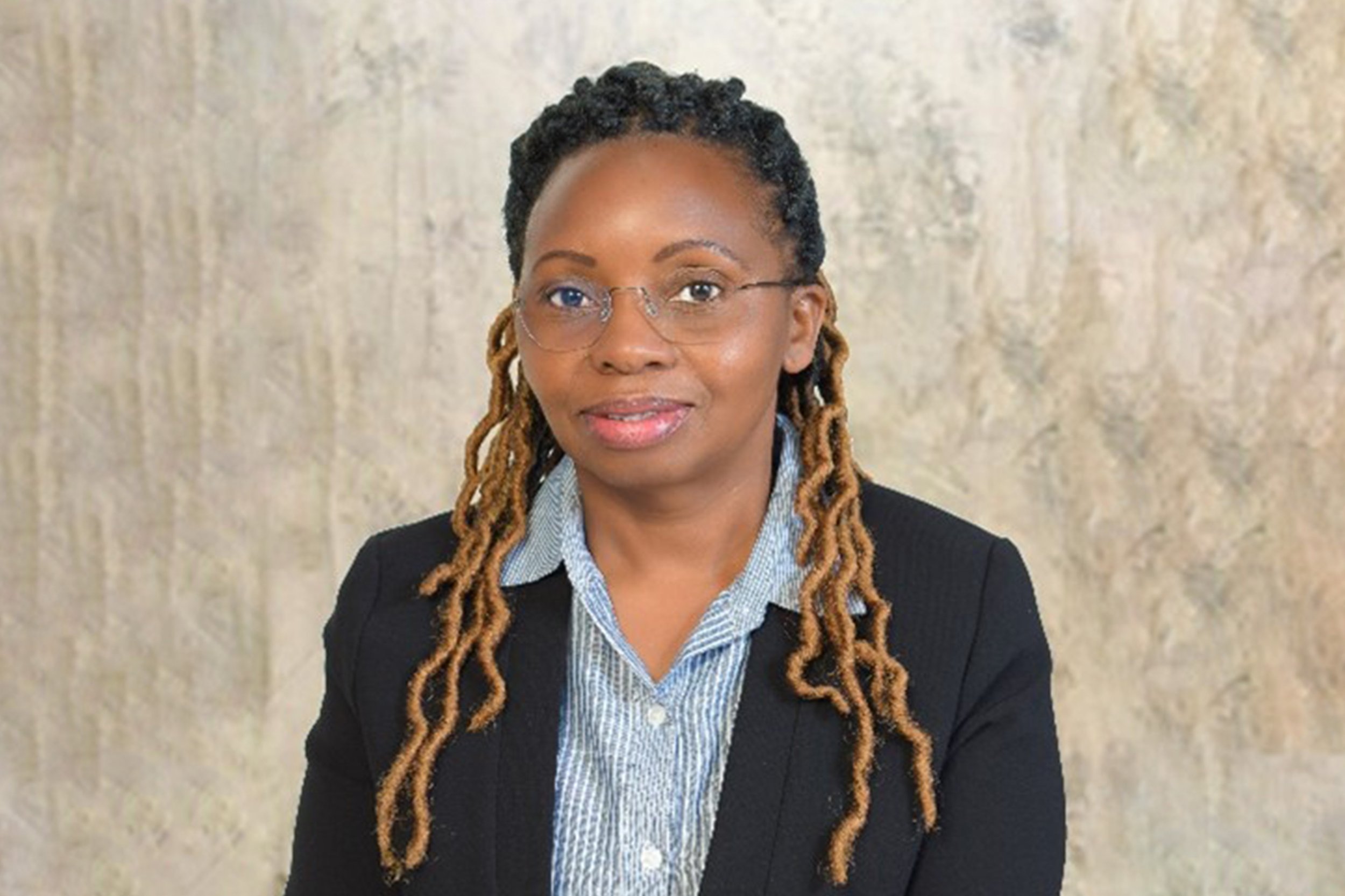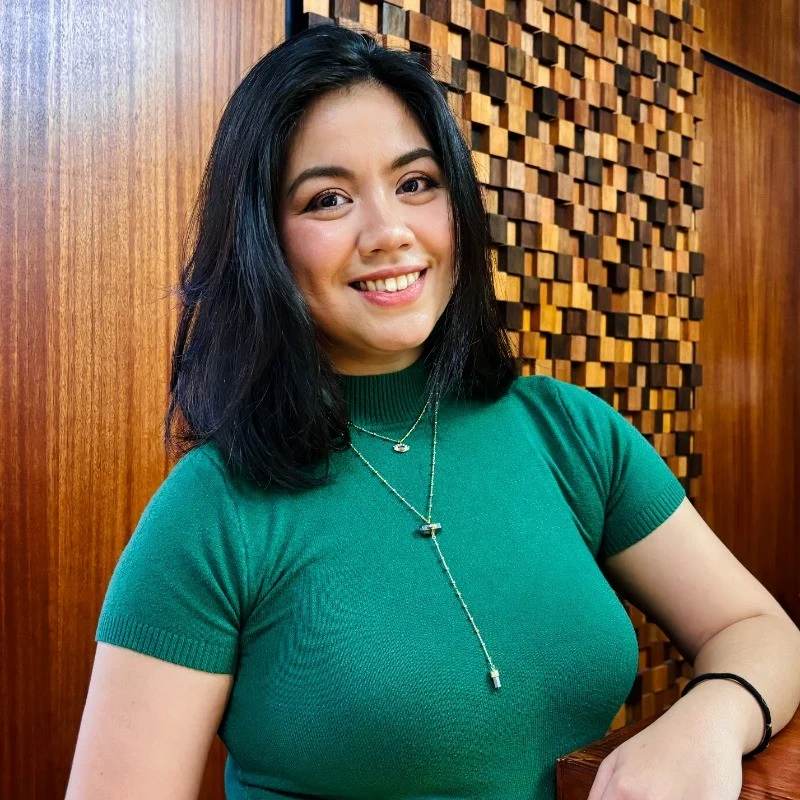Centering Community Voices: An Interview with Samke Phewa

In many parts of the world, informal settlements are treated as statistical footnotes or governance challenges. But for Samke Phewa, Advocacy and Action Research Officer at South Africa’s Community Organisation Resource Centre (CORC), these spaces are full of knowledge, resilience, and untapped power. In a recent conversation, Samke spoke with us about her work amplifying the voices of informal settlement residents and what it takes to make governance truly inclusive.
CORC works alongside the Federation of the Urban and Rural Poor and the Informal Settlement Network, helping communities organize, advocate, and partner with governments to improve living conditions. Samke’s role, she explains, is rooted in building bridges between communities and institutions—often by using community-generated data as a tool for accountability and collaboration.
Her motivation is deeply personal. “I grew up in an informal settlement,” she shares. “You experience what it means to be overlooked—no proper sanitation, no regular waste removal, no running water. But I also saw how people didn’t let those conditions define them. They came together and created solutions.” That spirit of collective action is what inspired her to pursue advocacy as a career.
One of the most powerful examples of this approach is the Asivikelane Campaign (“Let’s protect each other” in Zulu), which emerged during the early days of COVID-19. As the pandemic exposed the vulnerabilities of informal settlements—particularly the lack of clean water, sanitation, and waste services—residents across South Africa began reporting on service delivery in real time. With support from CORC and other partners, this data was used to push local municipalities to respond more effectively.
According to Samke, this kind of grassroots monitoring turned into a larger model: the Asivikelane Forecast Hub. “It’s no longer just about identifying the gaps—it’s about working with municipalities to co-develop solutions and track how budgets are being spent,” she says. “We’ve seen water tankers sent to underserved settlements, new ablution facilities installed, and maintenance routines improved—all because communities made the invisible visible.”
A key lesson, Samke notes, is that participation must go beyond consultation. “We’re not just data points or beneficiaries. People in informal settlements are experts in their own right. They know what’s working and what’s not. So when they bring forward solutions, governments need to treat them as equal partners.”
Beyond service delivery, CORC also supports community-led environmental initiatives like recycling and composting—efforts that reduce waste and create income-generating opportunities. For Samke, these projects show that climate justice and economic justice go hand in hand: “People often ignore informal settlements when they talk about green transitions, but these communities are doing the work already. They just need recognition and support.”
For other community leaders hoping to shift systems, Samke offers practical advice: build trust, collect your own data, and come to the table with solutions. “You can’t just demand change. You need to show the evidence and propose the path forward. That’s how you get taken seriously—and how you hold institutions accountable.”
At the heart of her work is a vision for equity and dignity. “My hope,” she says, “is that informal settlement residents stop being seen as invisible or as problems to fix. They should be seen as central actors—with ideas, agency, and the right to shape the future.”
Watch the full interview with Samke below.
Meet the Explorers
Join the Governance Explorers
We are bringing together a global network of people eager to rethink governance and influence local, national and global debates.



